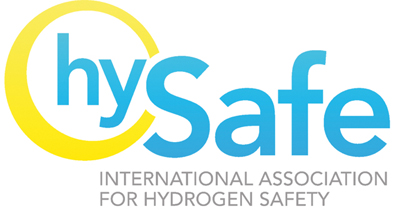The Research Priority Workshop on Hydrogen Safety is organized by the International Association for Hydrogen Safety every even year and in 2018 it was held at the HSE’s Health and Safety Laboratory in Buxton, UK. This RPW builds on previous events including the European Commission Joint Research Centre (Petten, The Netherlands) and the USA Department of Energy (Washington DC) workshops held in 2016 and 2014 respectively. The International Association for Hydrogen Safety IA -HySafe organizes this meeting in the framework of its Research Committee activities in cooperation with the Joint Research Center (JRC) and the US Department of Energy (DOE).
The main objective of the workshop is to identify and prioritize existing knowledge gaps. The gaps were addressed from two viewpoints, one the standpoint of scientific knowledge and the other of developing hydrogen applications. In this way, the workshop compares the state-of-the-art, i.e. gives a view on current knowledge, associated experimental capabilities, theoretical analytical and numerical knowledge models, with the needs for further safe development and operations of innovative hydrogen technologies defined by industry. This approach shall help identifying relevant safety knowledge gaps and associate the right priorities.
The RPW workshop was divided into sessions, dedicated to the topical areas, which originate in previous workshops but have been further developed to reflect changes in the technology space:
- Industrial and National Programs
- Applications
- Storage
- Accident Physics – Gas Phase
- Accident physics – Liquid/ cryogenic behaviour
- Materials
- Mitigation, Sensors, Hazard Prevention and Risk Reduction
- Integrated Tools for Hazard and Risk Assessment
- General Aspects of Safety
In preparation for the workshop a panel of experts and chairs was selected by the organizers. The selected participants covered their respective areas of competence and their contributions were put together by the different chairs.
During the workshop, the chair of each topical session provided an executive summary, aggregating and coordinating the contributions of the relevant experts. Each panellist, through their contribution, was invited to answer the following questions:
- What has been done in the last three to four years (progress)?
- What is planned for near term research direction (working topics)?
- What are the needs / gaps that need to be filled by future research (new directions)?
Finally, all participants voted on the priorities of sub-topics in each topic, thereby defining a list of priorities, which will be summarised in a report.
